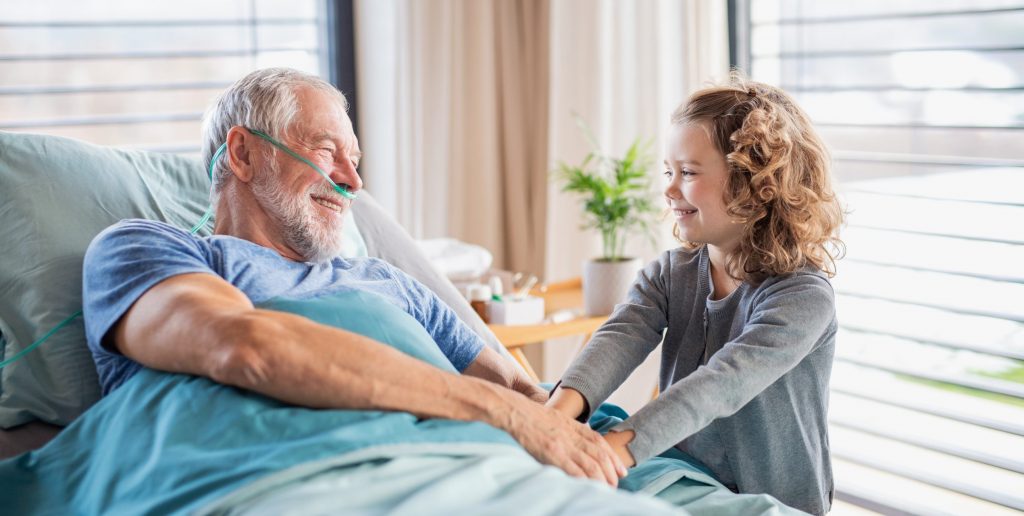Grappling with the ‘New Normal’

Adjusting to a different life and finding your new normal after brain injury can be a difficult time. People in our Reconnections group often share that it feels like no one around them understands what they are going through.
Damien, Synapse Family Liaison Officer, said that it can be hard for friends, partners and carers to fully understand brain injury. “It’s hard to find people who actually get it. Even someone who has been with you 24/7, every journey, every stop, at the end of the day they don’t really get it. It’s a kick in the guts but that’s what it is.”
“It can be hard socially because you lose connections with friends when you don’t have the same thing in common anymore,” Jayden, Synapse Family Liaison Officer, said.
“The hardest time for me was when I left hospital. I was trying to get back into the normal world and trying to find a new routine. When I was in the hospital I was following their routine. When I got home I needed to find my own structure and routine again to get back into the real world,” Jayden said.
Jayden’s advice on creating a new routine is to make sure that you stay physically and mentally active. “A few months after I left hospital, I found that I was just sitting in front of the TV watching every series of Judge Judy and I wasn’t getting up and doing anything. I had to find new hobbies and switch them for the ones that I couldn’t do. Instead of going to football training every Tuesday night, I started doing dance classes. Instead of going for a motorbike ride on Thursday nights, I would go to physio or the gym.”
Jayden encourages his clients to consider new hobbies that they haven’t tried before. “When I talk to clients I ask them what hobbies they’d like to get into – what’s really out of left field? What’s something that you never thought you would give a go? Dancing is something that I never thought I’d pick up and it turns out that I’m really enjoying it and as a bonus it has improved my walking.”
Jayden and Damien both use memory tools to help make everyday life easier. Damien’s Memory Box is where he keeps his phone, wallet, keys, and anything else that he needs to take with him when he goes out. When he comes home, everything goes back in the Memory Box so he knows where to find it next time. He also suggests using planners around the house for reminders, and swaps a Synapse wrist band from one arm to the other when he needs to remember to something – the wristband is a visual aid to remind him.
Jayden said that he wasn’t into technology before his accident but has since adapted to using technology in everyday life. “I use Google and Siri which I find very helpful now. Before my accident I was very ‘pen and paper’, but now I’ve learned and adapted to using technology and I find it so much easier. It was a lot of learning to start with, but now it’s so much easier for me to tell Siri to send a text message than me writing it out. I use a bag now where I keep my keys, wallet and phone in my bag, so I know exactly where they all are.”
Jayden said that the best advice he was given during his recovery period was from someone who had a motorbike accident two years earlier than Jayden’s own accident. “He told me that ‘If you don’t work on your recovery, you won’t get better. If you work on your recovery you will have gains.’ That was what encouraged me to always be out and working on my recovery. It works for me!”
Jayden and Damien’s top tips:
- Seek to connect with others who ‘get it’, those who understand. Peer support groups in person and online can really help.
- Find your own structure and routine.
- Use memory tools like memory boxes.
- Don’t be afraid to try new hobbies and learn new things – to stay physically and mentally active.
- Embrace technology to support you with your everyday activities.
- Try to work on your recovery every day, resting when you need to.
- Don’t suffer in silence. Ask for help when you need it.
Relevant factsheets:
Forum Discussion
We are discussing this topic over in our Synapse forum! Come and join the conversation.